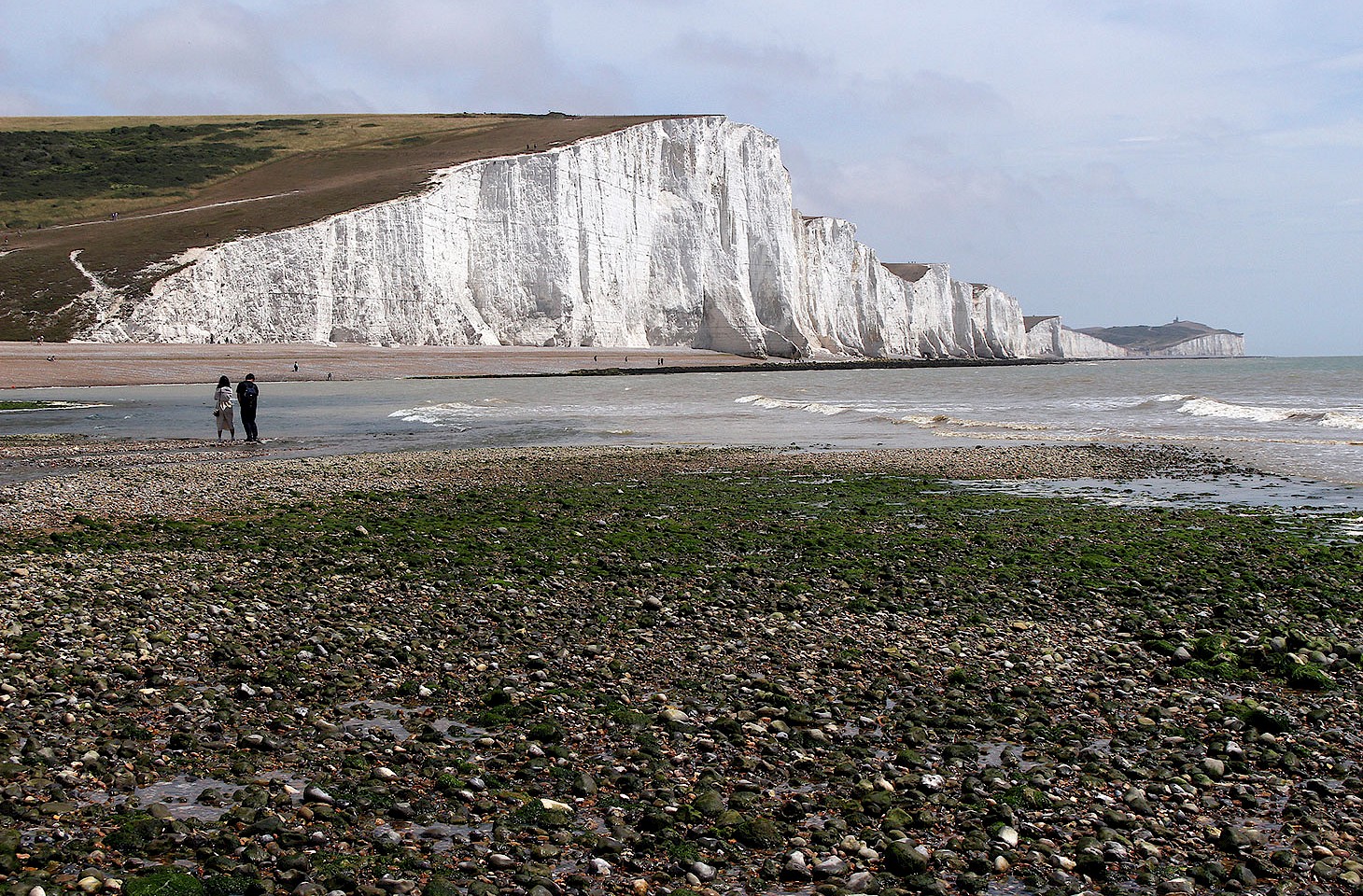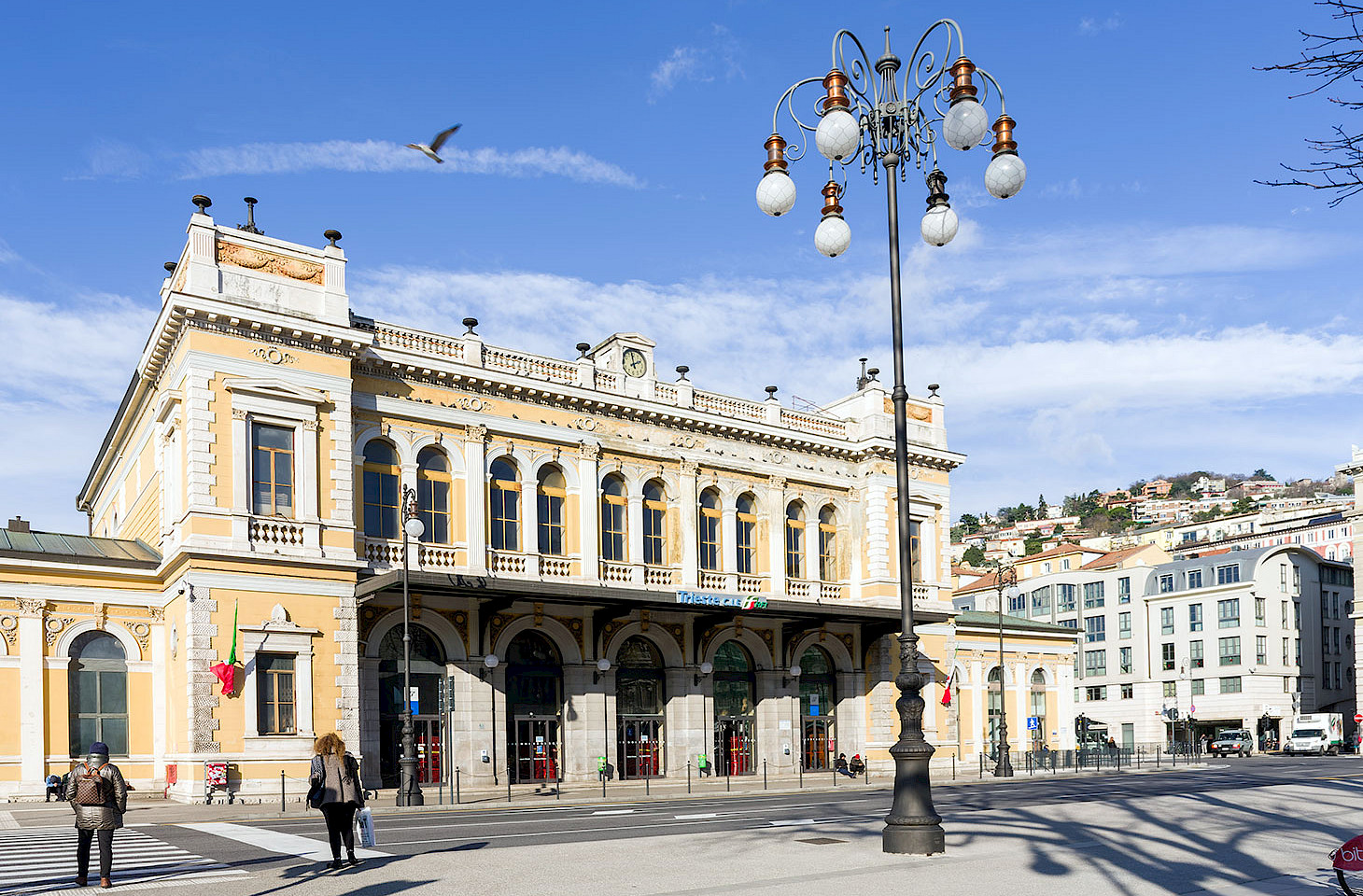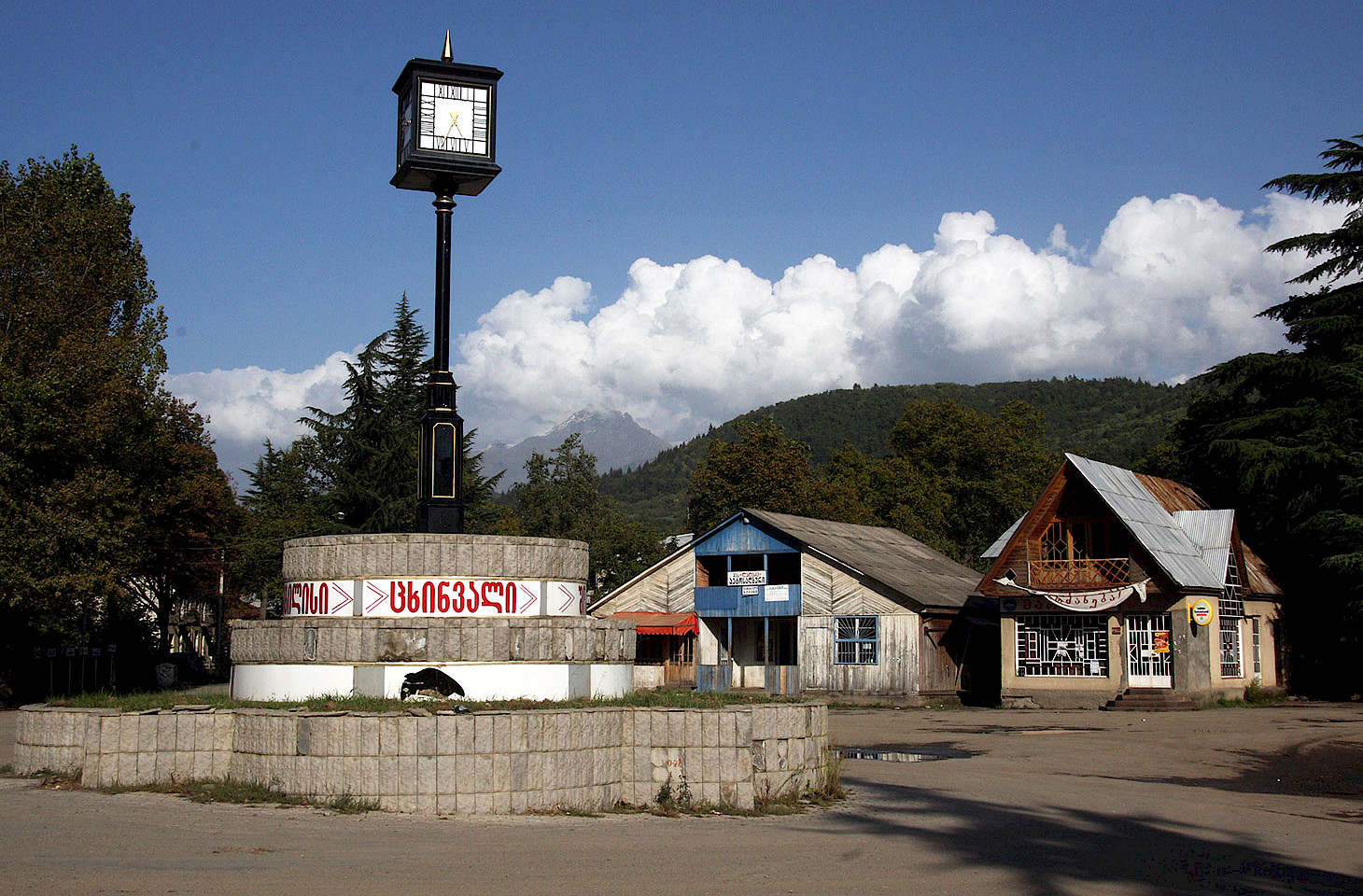Dear fellow travellers
John Hollingshead and his mate Cuddy met in the middle of town. Then the two men, accompanied by a large meat pie, took a cab to the canal basin by Regent's Canal where they joined the Stourport for the voyage to Birmingham.
Victorian England had witnessed a dramatic transport revolution; by 1858, when Hollingshead set off by boat to Birmingham, it would have been perfectly normal to take the train. The railway had opened in 1838, and traffic on both the stagecoaches and canal immediately slumped. It was deliciously eccentric in 1858 to even think of taking a boat from London to Birmingham.
The Stourport set off by dead of night, splashing quietly past deserted wharves and tenements. By early next morning the crew of the Stourport and their two guests were perched on the poop, sipping weak tea as towpath horses pulled the vessel past patient anglers in the brick-kiln country west of London.
John Hollingshead's account of his 1858 journey is a fine narrative celebrating slow travel; its beauty is in the manner it captures that sense of wonder at navigating so slowly through England. The canal was for Hollingshead a silent byway, one which was often deeply embowered in trees or sometimes afforded a very unusual perspective on the countryside and communities.
Hollingshead's narrative was serialised in Charles Dickens' popular journal Household Words. When the first part was published, Dickens gave it pride of place as the lead article in that issue. The entire work subsequently appeared as a slim book called On the Canal. One can see in Hollingshead's work the author's emerging concern for social issues. Writing about the families who lived and worked on the canal boats, Hollingshead recorded children living in pitiful circumstances, ever at risk of slipping over the sides of the vessel to an inevitable death by drowning.
Just as these days it's hard to remember what life was like just a quarter century ago before we all had mobile phones, so in Hollingshead's time the pre-railway era was but a dwindling memory. Railways, and the mobility that came with them, fired the Victorian imagination. The train transformed perception of territory, but at a price. Whereas the canals slipped and slopped around the natural undulations of the countryside, the railway assertively struck through terrain. The railway's tussle with rude nature was of course a favourite Dickens theme, and it's easy to see why young Hollingshead's account of a boat trip to Brum appealed to Dicken's editorial instincts.
As for Cuddy, we know nothing more about him, beyond that he ate most of the meat pie. Captain Randle of the Stourport never really understood why the two men wanted to waste time on a boat trip. And as he was illiterate - and proud of it too - the good captain probably never knew that Hollingshead's piece was published in Household Words. Hollingshead himself went on to greater things, becoming one of the greatest London theatre impresarios of the late nineteenth century.
Meanwhile, slow travel has come of age and the idea of travelling slowly just for fun now seems like an utterly sensible thing to do.
Nicky Gardner and Susanne Kries
(editors, hidden europe magazine)




